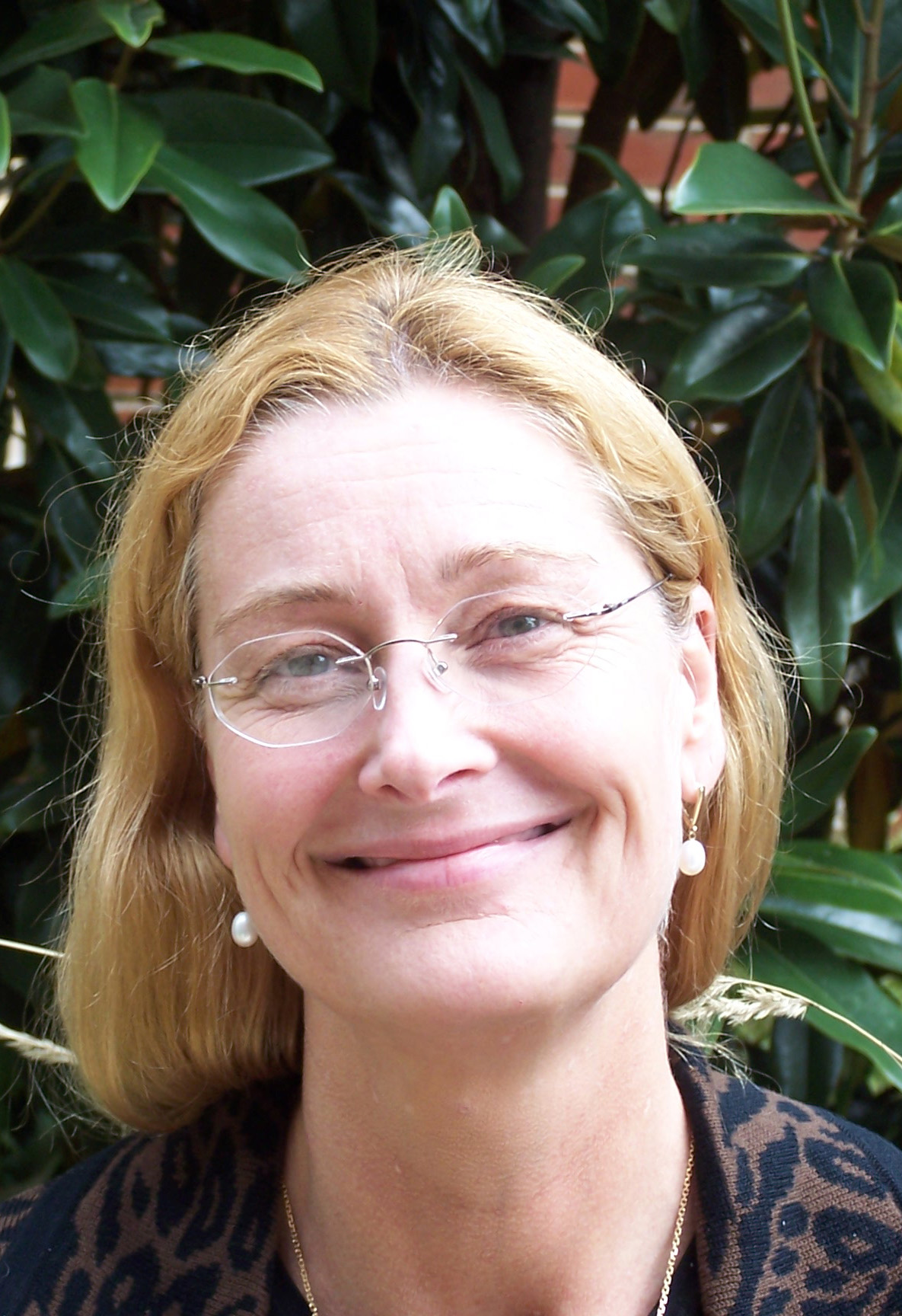Latest News
Research
Twitter chat on coping with cancer
Jul 24, 2015

Recently, the National Cancer Institute and the National Institutes of Mental Health co-hosted a Twitter chat on coping with cancer. The discussion focused on the psycho-social aspects of cancer for patients and caregivers across all age groups, and VCU Massey Cancer Center clinical health psychologist, Tamara Orr, Ph.D., M.S., L.C.P., PMHNP-BC, weighed in as the moderator posed a series of questions. Below is a recap of the chat. Some of the responses have been slightly altered to provide context that could not fit into the original 140-character tweets. Be sure to follow @VCUMassey on Twitter to keep up with Massey’s latest groundbreaking research and clinical trials, learn about patient and caregiver resources and find out about volunteer and philanthropic opportunities while connecting with others who share similar interests and life experiences.
What are some of the psychological effects of cancer?
Anxiety is one of the most common psychological effects of cancer. Cancer is perceived as a threat, and fear and/or anxiety is a typical response. There are higher rates of depression in cancer patients than in the general population, and other psychological effects include post-traumatic stress disorder, issues with body image, grief and loss, and adjustment disorders.
What is cancer psychosocial care/support?
Cancer psychosocial care/support includes the services necessary to meet cancer patients' social, psychological and spiritual needs. Examples include support groups, individual counseling, psycho-education, crisis intervention and nutritional support. Massey has a variety of cancer support groups for patients and caregivers.
Do children or teens/young adults (AYAs) have different or unique emotional issues than adult patients?
Children are at risk for the disruption of their developmental progress. Adolescents may experience loss of independence. Young adults may experience altered sexuality and infertility issues. Cancer affects the whole family, not just the individual. The family systems approach is the most beneficial to the patient, meaning that individuals cannot be understood in isolation from one other, but rather as a part of their family, as the family is an emotional unit.
Do older people have different emotional or caregiving needs than younger patients?
Older adults with cancer have different needs and may lack social support, need help with transportation to treatments, etc. Many older patients live on a fixed income and may have to make decisions between buying groceries or medication.
How are caregivers affected by a loved one with cancer?
Caregivers have unique challenges. They can feel ignored and/or neglected. Their direct caregiving tasks take priority over other activities and they may give up work, social activities or their own medical/healthcare needs. Psychological distress in caregivers is equal to or even higher than the distress of the cancer patient, and they can experience significant issues with depression and sleep disturbances. Caregivers need to engage in good self-care and value their own health as much as they do others'.
Are there things that caregivers can also do to deal with some of these same emotional issues?
Caregivers must make their own wellness a priority. They can engage in counseling, go to support groups and participate in social activities. Caregivers can ask family and friends to help with transportation, light housekeeping and making meals to ease their burden. They can learn assertiveness skills to ask for what's needed and learn to say “no” more often in order to create better boundaries. Caregivers, remember to give yourself permission to be the partner, sibling, etc., instead of focusing entirely on caregiving tasks. Continue to build fun activities into the relationship and look for opportunities to be intimate, when possible.
What are the psychosocial issues cancer survivors face?
Issues include the fear of recurrence, worrying about the future, adjustment to physical disability, changes in social support, depression and anxiety. Other issues include sexuality and fertility problems, parenting issues, employment and insurance problems, economic problems and bankruptcy, to name a few. Click here for some tips on supporting the survivor (from the caregiver’s perspective).
Is this an area of active research? What are some examples of that work?
Areas of research include measuring psychosocial outcomes such as quality of life, coping, resilience and spiritual growth. Other research areas include strategies to decrease the psychosocial impact of cancer, economic consequences, health disparities, returning to work, and health information. Finally, there is research on cognitive and behavioral conditions that promote change to decrease the cancer burden, such as smoking cessation.
Where can a patient, survivor, or caregiver get help? What are some resources that are available?
Aside from the Massey website, the best resources for patients, survivors and caregivers include the National Cancer Institute, the National Institutes of Mental Health, the American Cancer Society and Susan G. Komen.
Written by: Melissa Mitchell
Related News

Get access to new, innovative care
Treatments in clinical trials may be more effective or have fewer side effects than the treatments that are currently available. With more than 200 studies for multiple types of cancers and cancer prevention, Massey supports a wide array of clinical trials.

Find a provider
Massey supports hundreds of top cancer specialists serving the needs of our patients. Massey’s medical team provides a wealth of expertise in cancer diagnosis, treatment, prevention and symptom management.
